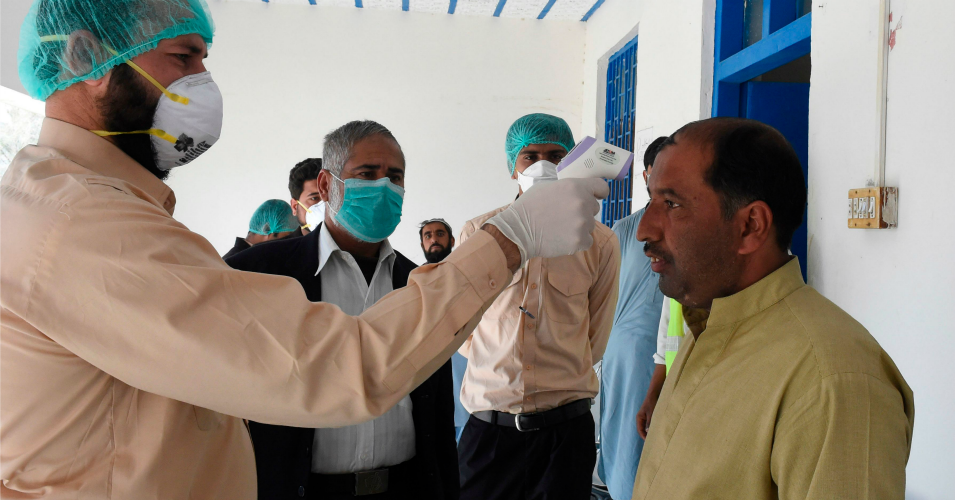A disruption—such as a global pandemic—can provide a window of opportunity to change our habits and make positive change.
This article by Mari Margil was published in Common Dreams on April 1st, 2020.
I first traveled to Nepal in 2012 to meet with members of the Constituent Assembly drafting the country’s new constitution. The central question we discussed was how to tackle global warming from a Rights of Nature perspective.
Home to Mt. Everest, Nepal has witnessed the Himalayas become the fastest warming mountain range on earth. The kind of change that is needed is obviously significant, and over the years, our discussions have shifted from what the United States should do (“get your country off our back” was a common refrain), to what smaller nations like Nepal must do in the wake of the growing climate crisis.
Toward the end of that first stay in Kathmandu, a taxi strike took place. It was only then, as the heavy air pollution cleared, that I was able to see the Himalayas from my hotel room.
Today we are witnessing something similar in India, China, and elsewhere. With the disruption of everyday life occurring from coronavirus, air pollution rates are dropping fast.
Without the disruption of a taxi strike or the coronavirus, something that shifts our perspective, it can be difficult to see the world differently. What’s right in front of us can seem so concrete that it can be challenging to imagine that another reality is possible.
However, in these pandemic days (daze?), our reality seems to shift daily—even hourly. As we read more headlines about falling pollution levels and other environmental effects, what seemed impossible becomes imaginable.
As it turns out, research shows that times of change can be a good time to change our habits. In a study authored by University of Bath psychology professor Dr. Bas Verplanken and his colleagues, they describe the habit discontinuity hypothesis. As Dr. Rick Nauert explains, this means that “habits can be changed when you change the factors around the habit (location, context).”
Thus, disruption—in our individual lives, such as moving or getting a new job—and in our collective lives, such as a global pandemic—can provide a window of opportunity to change our habits and make positive change.
(To read the rest of this article at its original source please click HERE.)

